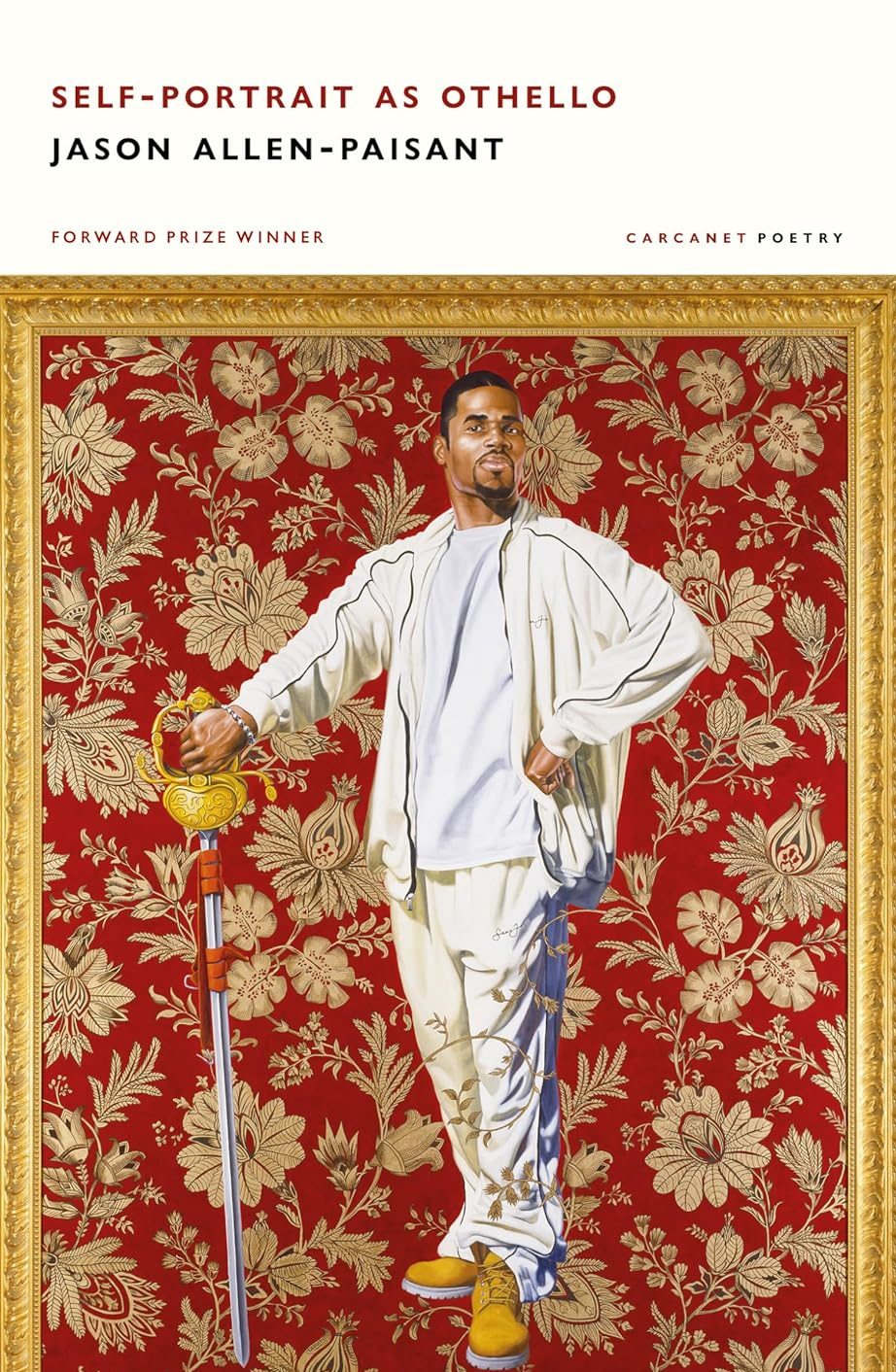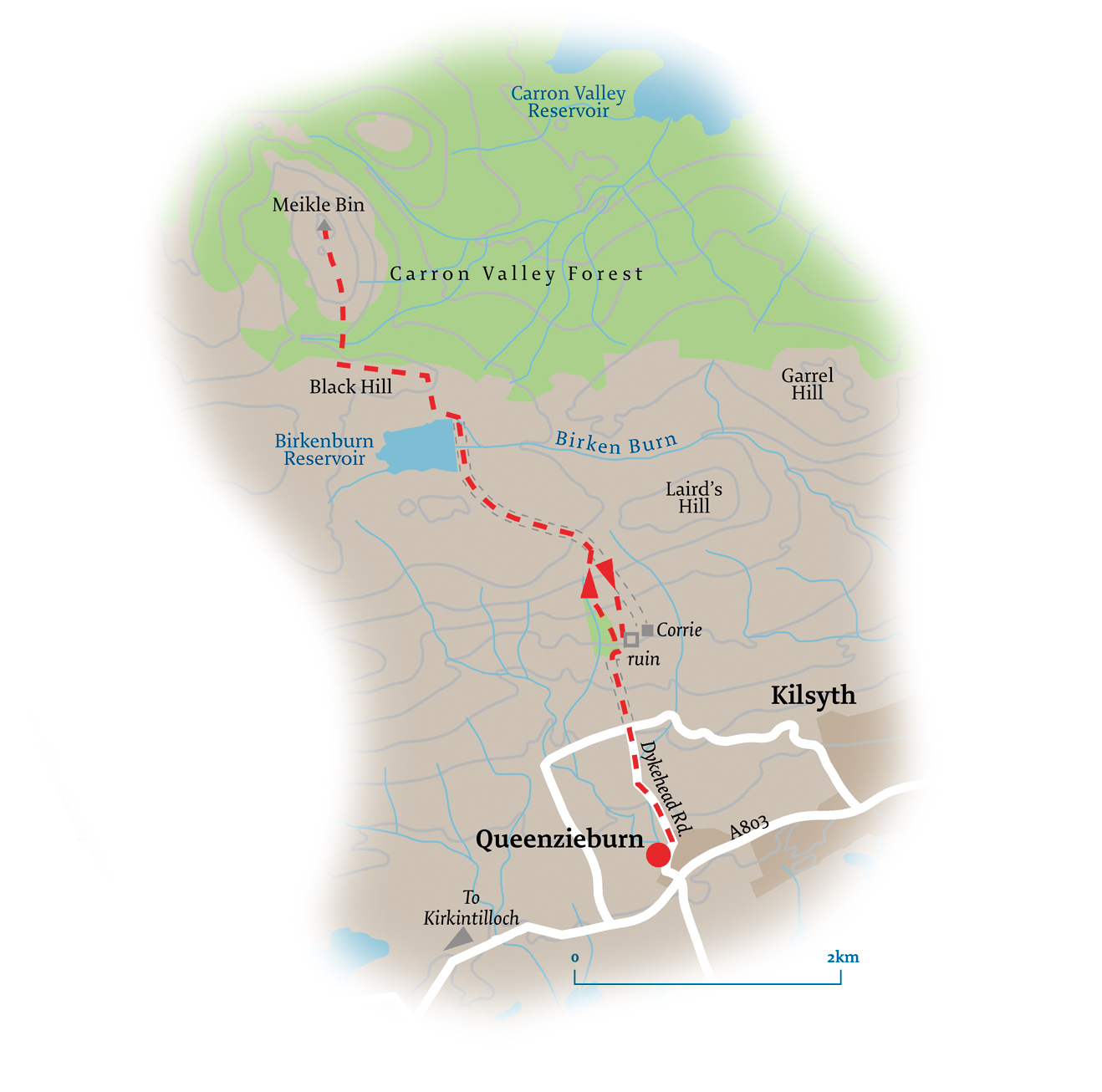Westender Magazine’s Round-Up Of The Best Book Recommendations
By Brian Toal
The Bookseller of Inverness by S.G. MacLean
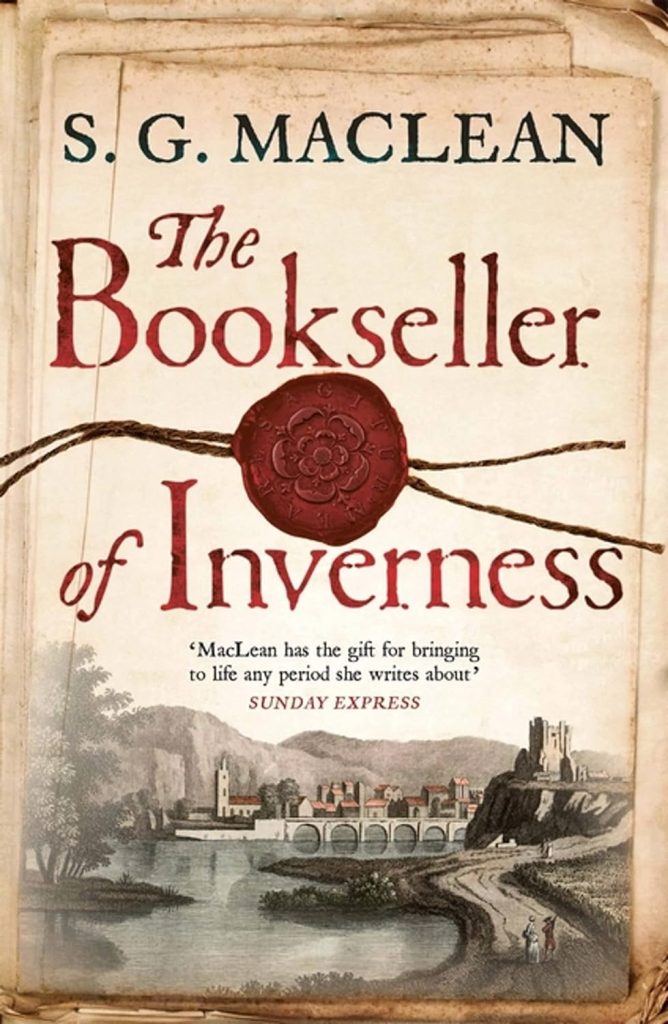
The Jacobite rising of 1745 is over and those loyal to the Stuart cause are dead, lost or crushed by the brutal defeat at Culloden. The years following this military drubbing by the Hanoverian forces are a series of relentless humiliations, imprisonments and torture. The women are raped, the castles pillaged and burnt to the ground, and the Highlanders forbidden to wear tartan or carry any weapons. The Hanoverians begin a campaign of road building under General Wade, as well as forts such as Fort Augustus and Fort George, in order to keep the locals cowed and compliant, as well as ensuring that any new insurrections are quickly stamped out.
This is the context for the action of ‘The Bookseller of Inverness’, Iain MacGillivray, trying to piece together his life after seeing his friends killed, his father disappear, and the cause he once fought for as good as dead. However, James is still plotting away in the Palazzo del Re in Rome, Charles is still being sheltered by sympathetic countries in Europe, or at least countries keen to deliver England a bloody nose, and several Scottish noblemen are still trying to drum up support in the form of arms, men and money, in order to mount another campaign to restore the rightful family to the throne. One day Iain sees a stranger poring over the books on his shelves, clearly looking for something specific. The next morning the stranger is found dead in the bookshop, his throat cut and the murder weapon – a sword with a white cockade on its hilt – left in plain sight. How did he get into the locked shop? Who killed him? What was he looking for? And what is the significance of the white cockade?
So begins the investigation by Iain MacGillivray, taking him to castles full of English soldiers, the houses of old Jacobites, the hills and moors around Inverness, and to a thrilling game of hide and seek on the shores of Loch Ness. At times there are echoes of ‘Kidnapped’ and ‘Waverley’ – indeed, The Times described it as ‘Walter Scott meets tartan noir.’ I do like a bit of tartan noir, and I’m a huge fan of Stevenson and Scott, so this was right up my kilt. MacLean is a specialist in 16th and 17th Century Scottish history, and has written two historical series, both of which have escaped my attention, but I’ll set that right next time I’m in Waterstones. She has won the Historical Dagger twice, so she has a proven track record. This latest novel delivers intrigue and historical accuracy with plenty of adventure and derring-do, all set at a breakneck pace.
Our Wives Under the Sea by Julia Armfield
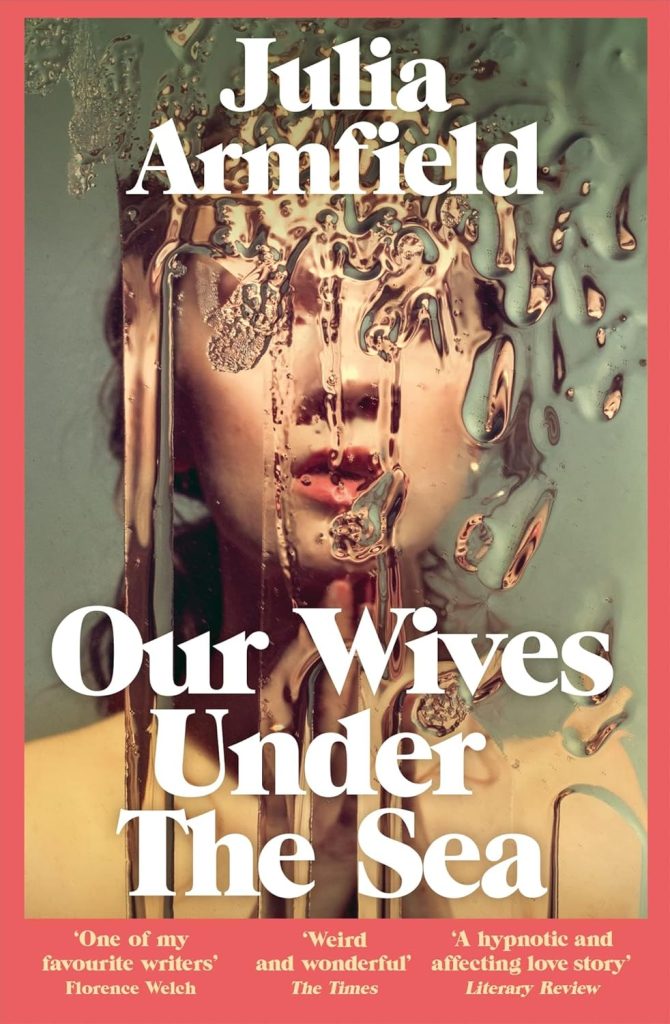
That’s right. Wives, not lives. The title intrigued me, as did the stunning front cover. This is one of the most fascinating novels I’ve read in a while. It tells the tale of Miri and Leah: Miri is the wife waiting anxiously for Leah to return from the depths. She has been on a research expedition, and it all goes wrong. They are stuck without power for months, slowly going mad, and the denouement is dramatic. It’s also worth noting that in this dual narrative, we know that Leah returned because Miri recounts how changed Leah is on her return and how these changes continue to develop rapidly with horrendous consequences.
Armfield is not a writer I’ve come across before. She was only born in 1990, so she’s just a young thing and only at the beginning of her career, but if this novel is anything to go by, her career should be long and illustrious. She has already won some short story prizes, but this debut novel should propel her into the consciousness of a much wider reading public. I’m not sure if I preferred the narrative on land dealing with Leah’s return or the submarine narrative with all its drama and suspense. Both were enjoyable in different ways. The trope of people returning altered from an encounter with the unknown is a very popular one on Netflix these days, and I can see this being optioned for similar televisual treatment.
Self-Portrait As Othello by Jason Allen-Paisant
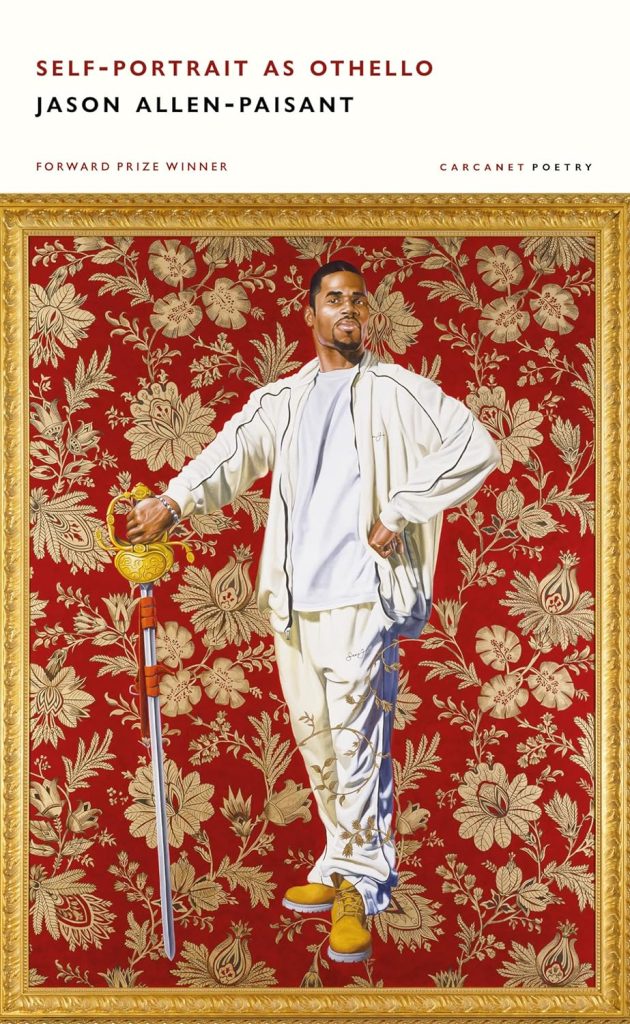
Allen-Paisant won the Irish Times book of the year for his first collection of poetry, ‘Thinking with Trees’. This second collection is sure to scoop many more. The poet explores his Jamaican roots through a fairly brutal exposition of our imperialist past, looking to create new perspectives for this much travelled landscape. He uses the central trope of Othello, a figure we should all be familiar with, especially those studying the text for Higher English right now, and this would be a great supplementary text for any English class studying this classic tragedy. Yet, Allen-Paisant cleverly intertwines his reimagining of Othello walking the streets of Venice with the poet’s own journey through the streets of various European cities, a stranger in a strange land, just like the eponymous tragic hero. The Othello of seventeenth-century Venice represents a narrative just emerging in Europe due to the burgeoning slave trade and the reliance of European powers, especially naval powers such as Venice, on the brute strength and military prowess its Moorish warriors.
Had this fascinating collection been simply a retelling of an old story through modern eyes, had it simply been an ekphrastic exploration of famous paintings of Moors in a European context, this would have been compelling in itself. However, what makes this collection soar is the suffusion of the poet’s own experiences; his own search for identity; his own frustrations at the assumptions of Parisians, and the dual identity which many immigrants wrestle with.
Books Available from Waterstones Byres Road
Return to Culture and Arts Articles


